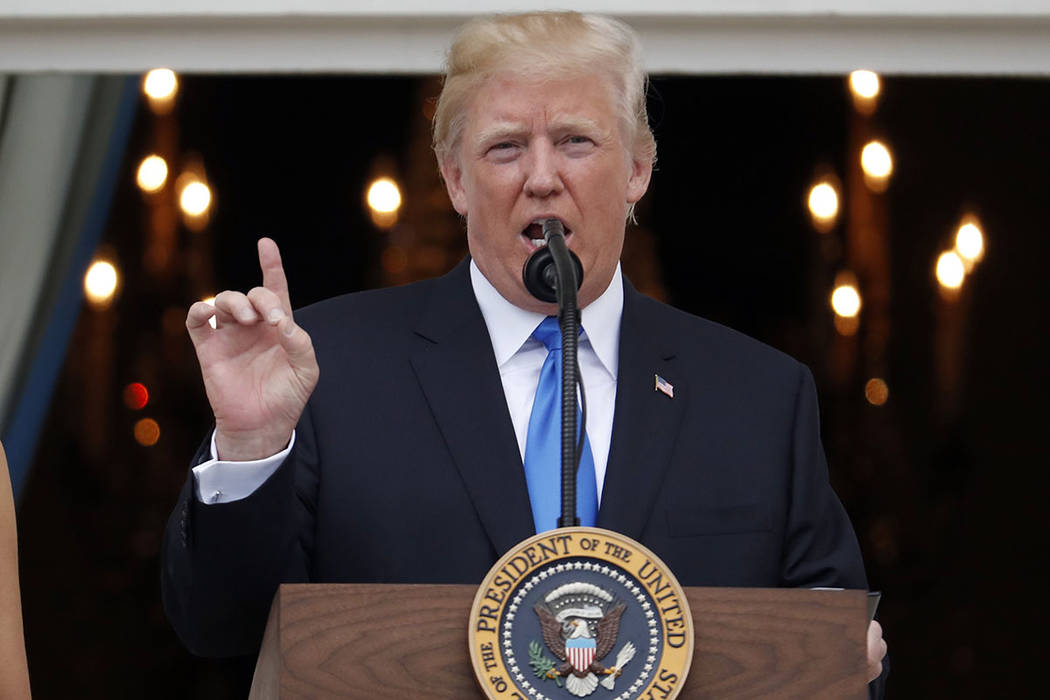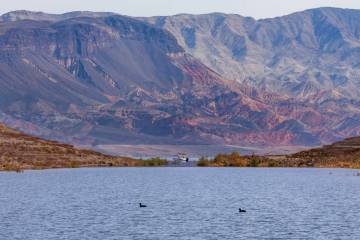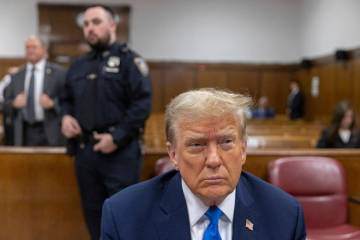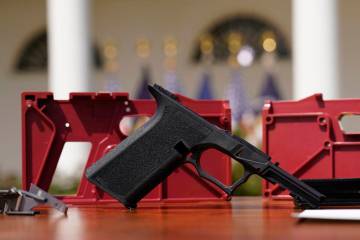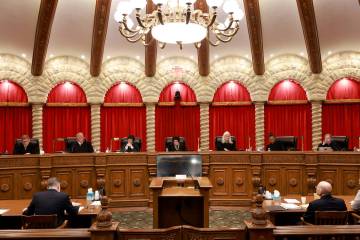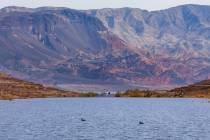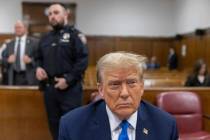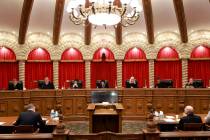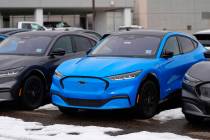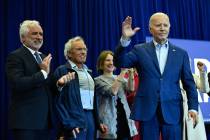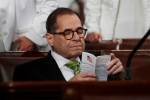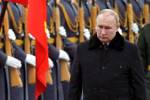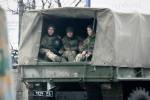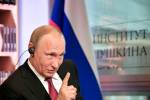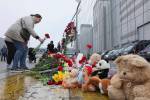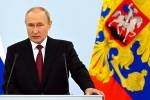Trump jets off to Europe for G-20, face-to-face with Putin
WASHINGTON — While Washington insiders await the first face-to-face meeting between President Donald Trump and Russian President Vladimir Putin, the first stop of the president’s second overseas trip may carry more significance.
James Carafano, a foreign policy graybeard at the Heritage Foundation think tank, says the stretch in Poland will be “the most substantive part of the trip.”
Carafano sees the Warsaw stop, beginning Wednesday, as a sign of America’s commitment to NATO ahead of the G-20 meeting and the Friday session with Putin in Hamburg, Germany. But it’s also a sign that Washington cares about capitals other than Berlin, Paris and Brussels, he said.
It is something of a departure for a U.S. president to visit a central European country before the United Kingdom, France or Germany. The choice of Warsaw, however, was deliberate.
Itinerary with a message
Poland is one of the few NATO member nations that spend more than 2 percent of their GDP on defense. When Trump addressed a NATO summit in Brussels in May, he complained that 23 of 28 NATO nations do not pay their “fair share.”
Poland also has been a staunch military ally that has sent troops into combat in Afghanistan and Iraq.
After holding a news conference with Polish President Andrzej Duda on Thursday, Trump will address the Polish people in Krasinski Square, near the memorial to the 1944 Warsaw Uprising, which ended after 63 days with the death of as many as 200,000 Polish citizens and Germany’s destruction of Warsaw.
Trump “will praise Polish courage throughout history’s darkest hour and celebrate Poland’s emergence as a European power,” national security adviser H.R. McMaster told reporters last week. “And he will call on all nations to take inspiration from the spirit of the Poles as we confront today’s challenges.”
McMaster also said Trump “will reiterate both America’s commitment to NATO’s common defense and his expectation that all countries share responsibilities and burdens for that defense.”
In Brussels, Trump failed to articulate his support of Article 5, NATO’s charter provision requiring all member nations to consider an attack against one to be an attack against all. He later did so during a joint Rose Garden appearance last month with Romanian President Klaus Iohannis.
On Thursday night, Air Force One heads to Hamburg for the two-day G-20 summit and what is likely to be a frostier reception for the president.
On his first foreign trip, Trump not only challenged NATO but also rejected global warming language at the Group of Seven summit in Italy, a precursor to his decision to exit the Paris climate change agreement.
Merkel: Don’t expect ‘easy talks’
His anti-internationalist attitudes chafed German Chancellor Angela Merkel so thoroughly that she later said at a Munich rally that the days when Europe could count on others “are over to a certain extent” and that “Europeans must really take our fate into our own hands.”
Last week, Merkel told Germany’s parliament, “We cannot expect any easy talks in Hamburg.” She also pledged “to send a clear signal for free markets and against isolationism.”
Ellen Tauscher, a former Obama State Department undersecretary and ex-congresswoman from California, said Germany’s importance to the U.S. means the president needs to work on improving his relationship with Merkel.
“I don’t think this is in the nasty-breakup category, but this is not something that looks like it’s going well,” she said.
Her advice to Trump: “If your personality gets in the way, then you’re not effective.”
While Trump-Merkel interactions will be closely watched, the big moment for body-language analysis will occur Friday, when Trump and Putin lock eyes for the first time. The two have spoken on the phone, Trump has said, but have never met in person.
Trump should be on his guard when he meets the former KGB operative. In June 2001, when President George W. Bush met Putin, Bush famously said he looked “the man in the eye” and found him to be “straightforward and trustworthy,” adding that he “was able to get a sense of his soul.”
Those words were thrown at Bush for years as Putin consolidated his power, to the peril of the Russian people and the Russian mass media.
Democrats and some Republicans have been pushing for Trump to confront Putin about Russia’s interference in the 2016 election and warn him there will be serious consequences if Russia repeats the exercise in 2020.
“If you don’t bring it up, you’re playing into (the Russians’) hands, which I think is a mistake,” Tauscher said.
‘No specific agenda’
Carafano does not think Trump needs to confront Russia for inserting itself into the election. By going to Poland first, he said, Trump has sent a message to Russia “about what side he’s on.”
The terms of the meeting are not yet defined.
“There’s no specific agenda,” McMaster said at the briefing. “It’s really going to be whatever the president wants to talk about.”
Trump has signaled that he also wants to use the G-20 summit to engage with Chinese President Xi Jinping, Japanese Prime Minister Shinzo Abe and South Korean President Moon Jae-in in a group effort to curb North Korea’s nuclear and ballistic missile programs. North Korea said Tuesday that it had successfully launched an ICBM that could hit Alaska.
In April, Trump hosted a weekend summit at Mar-a-Lago for Xi, after which he declared relations with China to be “outstanding.” But with no progress toward his goal of a denuclearized Korean peninsula, Trump has moved from dangling carrots to shaking sticks.
Last week, the administration approved the sale of more than $1 billion in arms to Taiwan, sanctioned a Chinese bank it said had business dealings with North Korea and sent a naval destroyer near the South China Sea.
At a Rose Garden appearance with Moon, Trump announced, “The era of strategic patience with the North Korean regime has failed.”
Tauscher said Trump was wrong to treat North Korea as a “business outsourcing situation,” referring to his efforts to get the Chinese to persuade Pyongyang to renounce its nuclear ambitions.
“The truth of the matter is four successive administrations have tried to cajole China to do the work of everyone else in curtailing the North Korean father and then the son,” she said.
Contact Debra J. Saunders at dsaunders@reviewjournal. com or at 202-662-7391. Follow @DebraJSaunders on Twitter.



